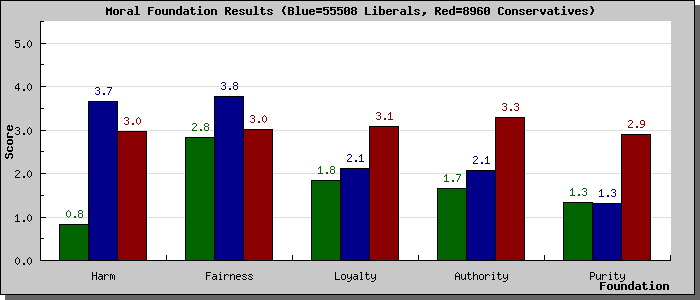There was (yet another) post today on Slashdot about Apple’s policies on its App Store for the iPhone. Often I find interesting and funny content in the comments, so I read those as well — and after doing so, I wanted to share some of the better comments and my thoughts:
Budenny commented:
If you don’t like the way Apple runs its store, don’t buy from it.
… If you don’t like gay marriage, don’t do it.
… If you don’t like murder, don’t commit it.
… If you don’t like France, don’t go there.
… If you don’t like math, don’t learn it.
… If you don’t care for Enron, don’t buy the stock.
… If you don’t like subprime, don’t take one out.
Why am I starting to wonder if there might not be something a little bit wrong with this form of argument?
To which Foorat replied:
If you don’t like that form of argument, don’t use it.
Which of course was quite amusing, but Budenny’s point is well taken: I generally advocate the “if you don’t like ___, then don’t ___” approach myself. It’s how I feel about gay marriage, for example — I don’t feel that it impacts me significantly one way or the other, so I don’t care if people (who are not me) do it.
It doesn’t seem to work for murder, though. Why not? Because the unstated assumption in the argument is that the actions are such that they don’t affect people not willfully involved in the action. Murder, by definition, has an unwilling participant, so that unstated assumption clearly does not hold and the argument fails.
What about gay marriage? I don’t think it affects me personally. I know that others feel differently, though. Just because they are unable or unwilling to state why they feel this way (I recently saw a clip of Mike Huckabee unable to state how his marriage would be negatively impacted by gay marriage), doesn’t mean they don’t feel this way. One of my guesses is that some truly believe that if they go too far down the path of “redefining marriage”, then we will be in for an episode of Sodom and Gomorrah (ancient cities that were destoryed by God with fire for sexual deviation). Maybe people feel that such a claim today would be ridiculed; it doesn’t change how they feel though.
The other examples are similar: “If you don’t like subprime [mortgages], don’t take one out” — this has the implicit assumption that a subprime mortgage affects only the parties involved, which is no longer the popular way of looking at things (I would argue that, without government intervention, the statement would hold predominately true: the effect on the borrowers and lenders would so far outweigh any effect on me that it would be acceptable for others to make and take subprime mortgages. Unfortunately, government stepped in and has made it my burden to pay for the mistakes of evil corporations and stupid people).
The real question that arrives out of this is, who determines what affects other people and what doesn’t? Given that it is an impossibility to account for every externality, what in the world qualifies as a significant enough externality to make the overhead of regulation (with all of its pitfalls) a better solution?
This is the crux of the problem with modern politics, and especially with the libertarian philosophy that I am so fond of: everyone has a different opinion on what is “significant enough.” My set is fairly small, but I know people whose sets seem endless to me. Really, the modern conservative and liberal philosophies are simply different interpretations of where government has the right or responsibility to interfere with people and libertarianism is simply a very small subset of the intersection of the two philosophies.
That is happens to be the right subset is ever-apparent to me, but not, apparently, to very many others.
From another comment, quoting the original article:
Of course, many are quick to remind that it is Apple’s store and they are free to do whatever they want with it.
Kind of like it is Microsoft’s operating system, and they are free do anything they like with it. Except, it seems, provide a web browser.
Ah, so biting, but so true. But antitrust regulations are a topic for another day.
